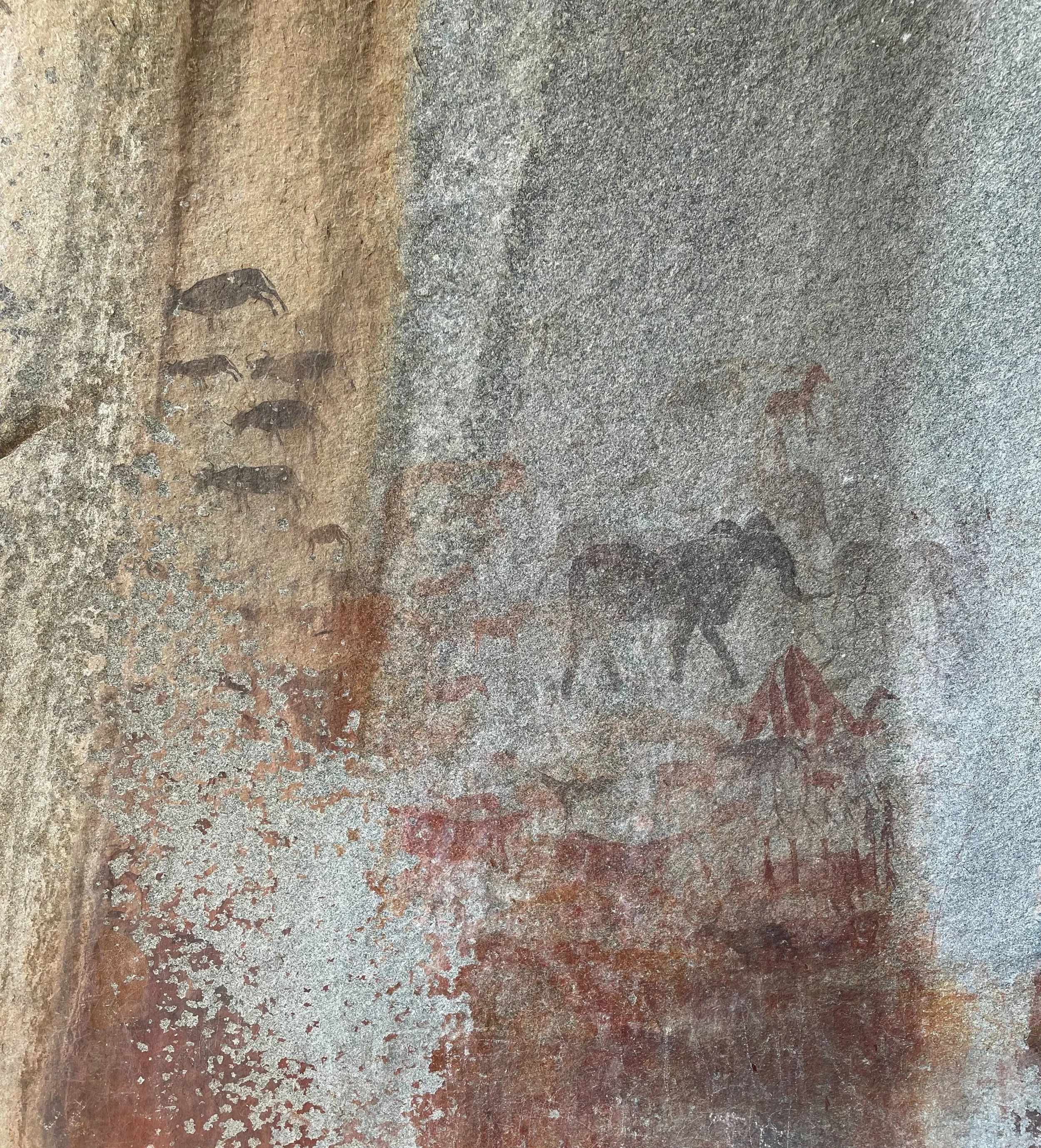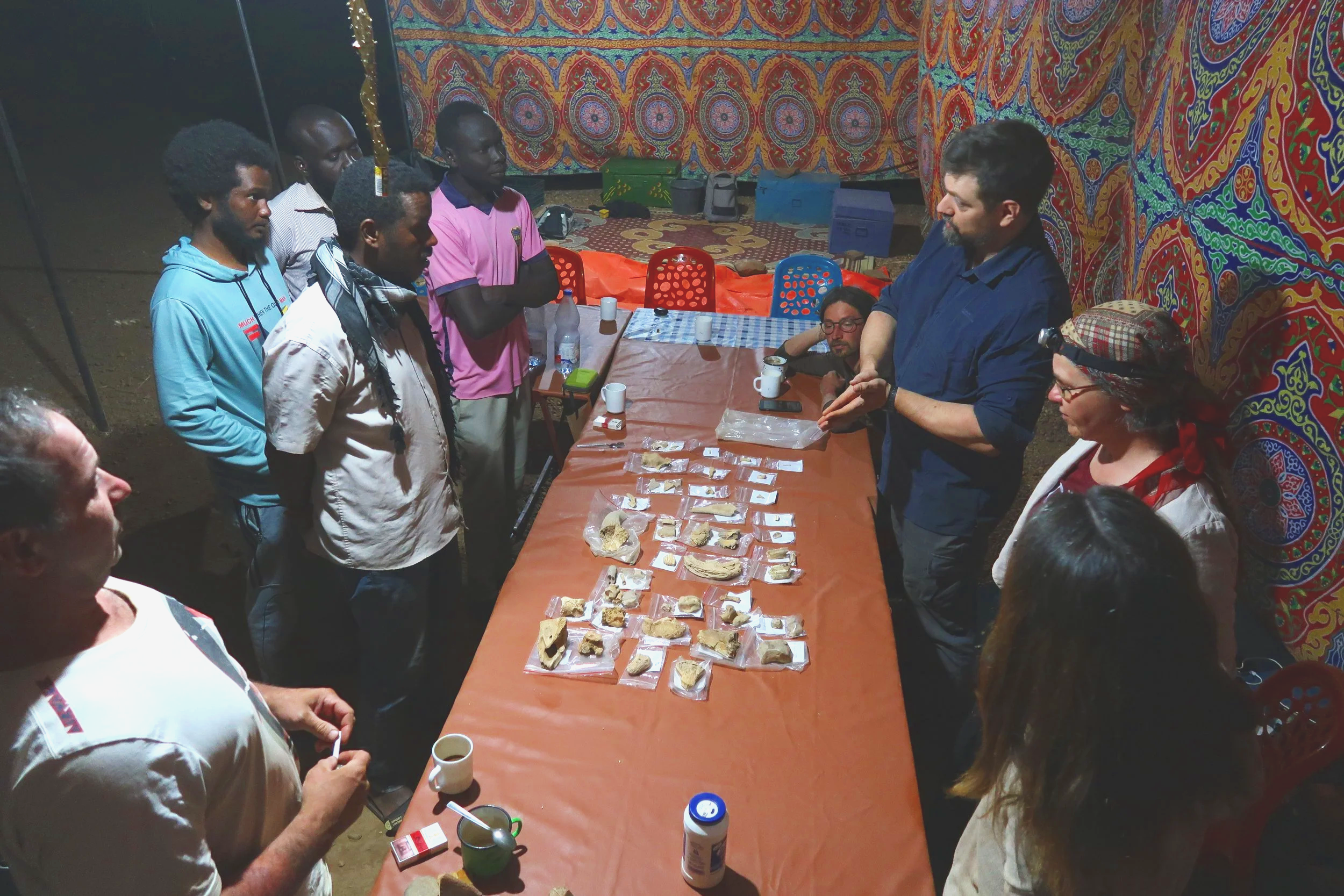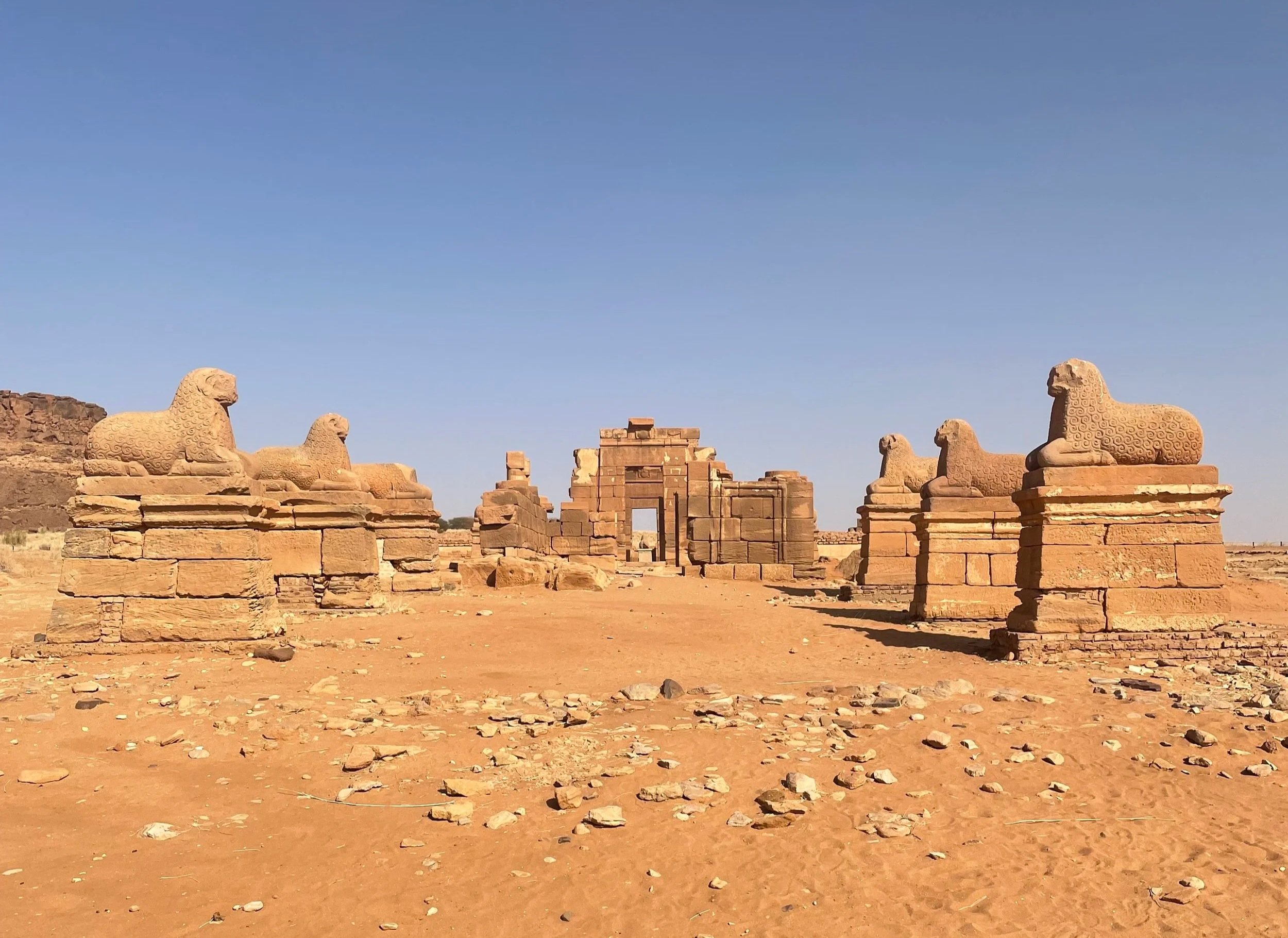
Teaching
What I teach
Archaeology and human evolution
Climate change and long-term human responses
Human-animal relationships in deep time
How I teach
Interactive, lab-focused, and grounded in discussion
Connecting archaeological evidence to present issues
Supporting diverse learning styles and backgrounds
My teaching integrates diverse approaches including hands-on laboratory work, collaborative projects, and experiential activities to engage students with varied learning styles and backgrounds. I also recognize that many of my students will go on to work outside the discipline. By connecting archaeological evidence to modern debates, I enourage students to develop critical thinking skills, data analysis capabilities, and spatial reasoning that will serve them across diverse career paths.
Teaching also benefits me. By requiring me to clearly communicate complex archaeological concepts to non-specialists, it anchors my research and ensure that I maintain a firm grasp on the basics of the field. Through this process of distilling ideas for different types of learners , I am also pushed to think creatively about my work, draw new connections between the past and present, and imagine collaborative link with other disciplines.
Zooarchaeology demonstration, Sudan (image © L. Varadzin)
Recent teaching
University of Oxford: Tutorials in Perspectives on Human Evolution and Archaeological and Anthropological Enquiry; Lab instruction for palaeoanthropology practicals.
Washington University in St. Louis: Instructor for World Archaeology, Introduction to Human Evolution (online and in-person), and Climate Change and Anthropology, plus teaching assistant roles in introductory archaeology, African prehistory, and zooarchaeology.
Awards and certifications: Washington University in St. Louis Dean’s Award for Teaching Excellence, University Teaching Center Citation, Center for the Integration of Research, Teaching, and Learning Associate Level Membership.
Example courses
-
This course examines humanity's deep history across two million years, demonstrating how archaeological evidence provides crucial perspectives on contemporary global challenges. While written records span only 5,000 years, archaeological research reveals the long-term processes that shaped modern societies, offering essential baselines for understanding agricultural sustainability, global trade networks, and cultural heritage preservation.
Through cutting-edge research from diverse global contexts, students explore:
Human Origins and Migration: Early technological innovations and cultural adaptations
Agricultural Revolutions: Development of food production systems worldwide
Urban Civilizations: Rise of complex societies and trade networks
Cultural Contact and Exchange: How societies adapted to interaction and change
Students engage with hands-on analysis of artifacts, environmental data, and comparative case studies, developing skills in data interpretation, critical thinking, and cross-cultural analysis. The course emphasizes archaeology's contemporary relevance by connecting ancient innovations to modern sustainability challenges, examining how past societies successfully navigated environmental change and resource management.
-
This course examines how human communities have responded to climate variability over millennia, providing crucial insights for understanding contemporary environmental challenges. While rising global temperatures and extreme weather events pose unprecedented challenges, archaeological evidence reveals how societies have successfully adapted to dramatic climate changes throughout prehistory.
Through comparative analysis of human responses to climate change spanning 50,000 years, students explore:
Ice Age Adaptations: How Paleolithic communities survived extreme environmental conditions
Holocene Transitions: Agricultural development during post-glacial climate stabilization
Collapse and Continuity: Why some societies failed while others thrived during crises
Innovation and Sustainability: Archaeological evidence of successful resource management
Students engage with environmental data analysis, cross-cultural comparison, and case studies from diverse global contexts. Laboratory components include paleoenvironmental reconstruction techniques and analysis of archaeological evidence for climate adaptation strategies.
-
This course investigates humanity's diverse relationships with animals over the last ~2 million years, examining how these interactions have shaped human societies and what they reveal about contemporary challenges. Through wide-ranging lectures and hands-on learning experiences, we explore fundamental questions about our place in the natural world: Are we responsible for keeping other animals alive? And what's the difference between eating a cow and eating a horse?
The course combines theoretical frameworks with practical zooarchaeological training, covering:
Deep Time Foundations: How animals made us human and shaped cultural evolution
Domestication and Commensalism: From dogs as hangers-on to family members
Symbolic Dimensions: Animals in ritual, religion, and food taboos
Methodological Approaches: Reading animal bones and biomolecular analysis
Students engage with hands-on laboratory sessions using world-class facilities, including species identification labs, experimental archaeology (morphometrics, bone burning), and museum visits. We also explore dvanced techniques such as stable isotope analysis and ancient DNA methods, providing familiarity with cutting-edge archaeological science.
Nubian ruins in central Sudan

